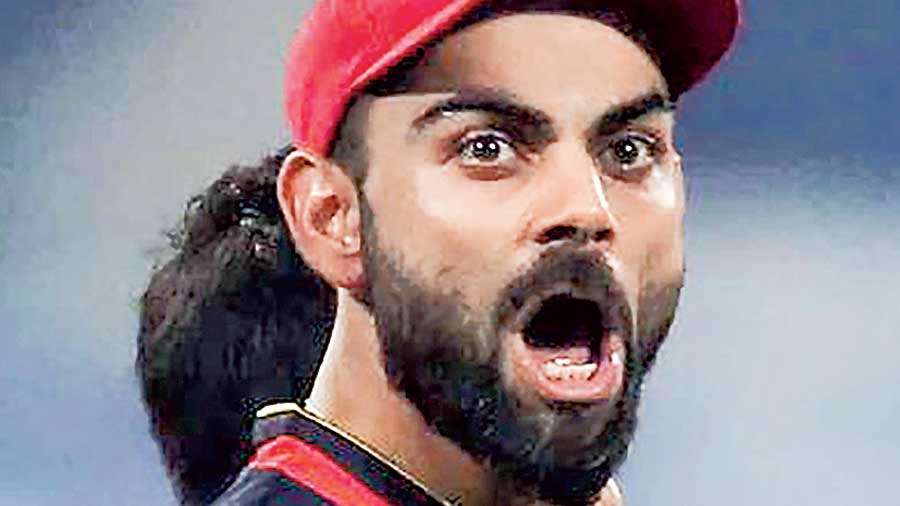Sir — It was crushing to watch the skipper of the Indian men’s cricket team, Virat Kohli, lose his wicket during the first day of the first Test match at Adelaide on account of the bad decision-making of the vice-captain, Ajinkya Rahane. Kohli was looking set to make a big score; he had already made 74 runs against a tough Australian bowling attack. He came in to bat when the Indian team was already down two wickets for 32 runs; he first put on a partnership of 68 runs with Cheteshwar Pujara and then an 88-run partnership with Rahane.
It still smarts to think of Rahane’s moment of indecision that led to Kohli losing his wicket at a crucial juncture. Rahane had hit a delivery by Nathan Lyon to mid-off and called to Kohli — who is always ready to take a quick single — for the run. Kohli responded to his deputy’s call and started running, but to the horror of spectators, Rahane reversed his decision and sent Kohli back. This cost Kohli and the team dearly and completely changed the game’s momentum; Rahane got out soon after for 49 runs as Mitchell Starc bowled to him in the first over with the new ball. Josh Hazlewood trapped Hanuma Vihari in a leg-before-wicket delivery. Had Rahane exercised better judgment, Kohli would have most likely put on a stupendous score and exerted pressure on the Aussies, which is of great importance when one is playing them on their own turf. Is it any wonder that cricket lovers on social media are furious with Rahane?
Madhavi Bhatia,
Delhi
Sir — Cheteshwar Pujara is right to say that the situation on the opening day of the pink ball test at Adelaide had warranted a lot of patience, as a result of which he played his game accordingly. Even Virat Kohli took control of the game slowly and steadily. Unfortunately, it was Ajinkya Rahane who put an end to the captain’s progress towards scoring another century at Adelaide. Although the Aussies had gained an upper hand during the first session, they started losing their grip during the second and third sessions right till Rahane’s agonizing split-second indecision caused Kohli’s unfortunate run-out. The loss of this wicket triggered a collapse, especially with the new ball.
N.V. Krishnan,
Chennai
Sir — The cricket commentator, Sanjay Manjrekar, has correctly pointed out that Kohli’s run-out on Day One of the pink ball Test at Adelaide was completely the fault of his partner, Rahane. While it is only human to make wrong decisions once in a while on the field, Rahane, as vice-captain, carries an added responsibility to make the best call for the team at all times. Causing Kohli to lose his wicket, especially when he was poised to get a huge score on the board that would have put India in a powerful position against Australia, was unforgivable.
However, no mistake warrants the kind of hate that Rahane has been receiving online. Indian cricket lovers and Kohli enthusiasts are right to be enraged, but spewing hatred online has often proved to be greatly detrimental to the mental health of the person or people who are at the receiving end. Constructive criticism should always be welcome; undignified verbal attacks are unacceptable. It is now necessary for the team to move forward and come up with strategies to recover and also to win the next few games in which Kohli will not be playing. One hopes that the morale of the team and its players is not compromised.
Radhika Ghosh,
Calcutta
Bad call
Sir — It was with disbelief that I read the news that the Paris city hall has been fined 90,000 euros for allegedly employing ‘too many’ women. In 2018, eleven women had been promoted, breaching a national rule in 2013 that disallowed more than 60 per cent of new appointments to management positions in public service going to one sex. Such rules are almost always overwhelmingly in favour of men; the move to fine the Paris authorities is just another example of the unwillingness of the powers-that-be and larger society to see more and more women in positions of power. The Paris mayor, Anne Hindalgo, is right to be unapologetic about her decision to promote so many women.
Arijit Sen,
Calcutta











